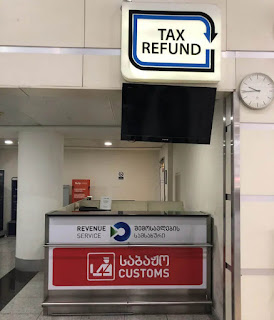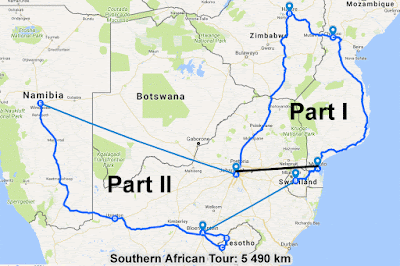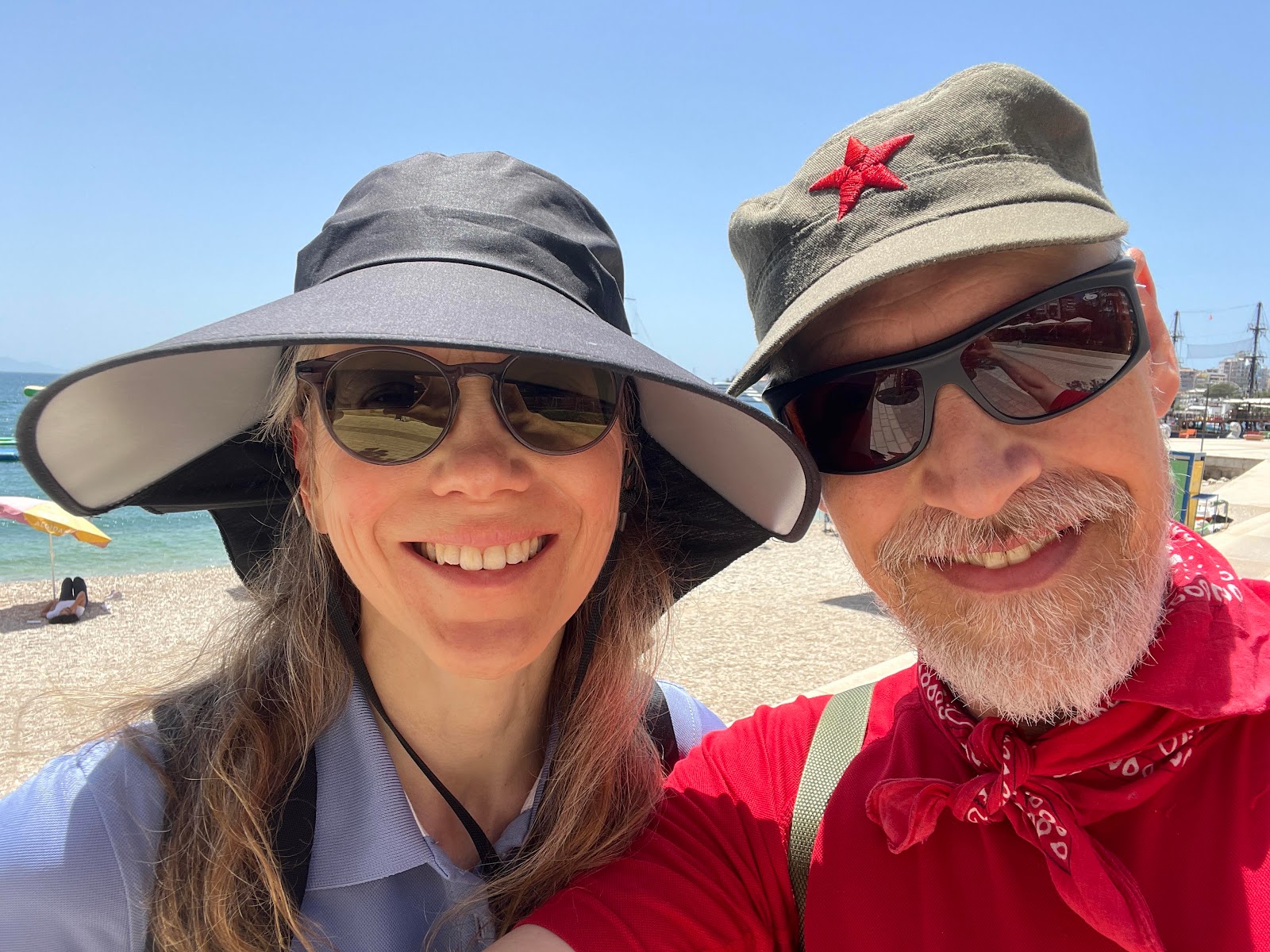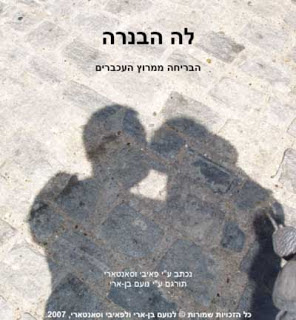Jamaica Helps With Excess Luggage
Are you suffering from excess luggage? Jamaica is a perfect solution for that.
Have you noticed how hard it is to get rid of the stuff you don’t need any more but which is too valuable just to give away? If you are tired of carrying it around, go to Jamaica. Friendly and happy Jamaicans will help you out.
We rented a country house near Lucea in Hanover parish. It is situated some forty kilometres west from Montego Bay away from all inclusive tourist resorts. During our stay we found out that Jamaica was the perfect solution for us for the luggage problem. We also enjoyed our stay fully and not the least because of people who are so polite, smiling and easy to get along with.
Jamaican voodoo
The nearest town, Lucea, was a ten-kilometre walk from our place and we took the habit of going there twice a week, once for shopping and another time for internet. One day when we came back, half a dozen bananas had vanished. Also a small bag of coconut milk powder, some tea bags, forceps for picking eyebrows, and a yellow flashlight with two rechargeable batteries were missing. In addition, somebody had opened a condom and thrown it on the bathroom floor.
We were grateful that they did not take our laptop, camera, headphones, or ketchup instead. Our neighbours who kept their doors open day and night advised us that there were no thieves in the tiny village of twenty people. Our nearest neighbour, rastaman, was certain it was just a random incident.
We wanted to make sure this was the case. We barricaded doors with some useless stuff like the TV we had in the house, and we left some decoy money on the table. That paid off. The second visit cost us only two dead batteries and one bank note of twenty Polish zlotys.
Poverty and possessions
Our case was not unique as theft seems to be a normal way of life in Jamaica. In a Chinese-run grocery store in Lucea a local customer in front of us didn’t have enough money to pay for her purchases. She simply told the cashier that she had no more, took the stuff, and walked out without paying the missing 200 Jamaican dollars. The cashier was left dumbstruck.
In our yard, our custard apple, bread fruit and banana trees attracted unwanted tarzans. When we asked what an earth were they doing in our trees, they were not in the least embarrassed to have been caught. Some excused themselves by saying that they were taking fruits before birds ate them, others just ran away or started to argue that they had no idea we were at home.
Most Jamaicans, some 70 per cent live in poverty. We heard that an average income is some 600 US dollars a month, probably a very high estimate. The living costs in the countryside are low but often out of proportion. For instance, our rent was 150 USD/month including water and electricity. Of that, most went to water. We had no running water but a thousand-litre tank on the roof. Filling the tank cost 2500 Jamaican dollars (~ 30 USD) and it lasted for three weeks with minimal consumption. We could not check the electricity consumption because there was no meter. Perhaps it was a free gift from the electricity company.
Before you travel to Jamaica
Jamaica is known for Rastafarianism and marijuana, which — although widely and openly consumed — is illegal. Jamaica is also one of the happiest nations with one of the highest murder rates in the world. Culture wise it is a truly unique combination of African concept of time, Argentinian understanding of respect and Spanish hospitality, but those lovely smiling people make you forget all the inconveniences you ever experienced during your stay.
We were pondering whether poverty and crazy expensive food costs (believe or not, it is pricier than in Europe) justify theft. We came to the conclusion that it is hard to say as the same malnourished people afford to smoke plenty of ganja, drink expensive rum, use mobile phone to call their neighbours just a few paces away, and buy potato chips and sweets for their kids.
One thing we can wholeheartedly recommend to anybody going to Jamaica: visit members of hospitality exchange! We got to know two hospex members, one in Montego Bay and another in Kingston and they both made us feel at home in the country right away.
A recipe
Rice and peas à la Päivi & Santeri for 2 persons (preparation time 60-90 minutes)
- 2 dl rice - 2 dl beans - 1 medium sized breadfruit
Soak the beans overnight and boil them until they are soft.
Add 4 dl of water to rice and boil until the rice is soft. Add beans and wait until the mix is boiling hot. Add breadfruit plus 1 dl of water and keep stirring until it boils. You can spice the dish according to your own taste. We ate it with soy sauce, hell hot chilly sauce, some vegan barbeque sauces, ketchup, and Moroccan harissa.
Some useful expressions
- Yo man — Hey you, for both men and women, a bit the same as che in Argentinian.
- Bwattiboy — An expression used by some Jamaican men who feel insecure of their own sexual orientation.
- Watcha doodoo — Ahoy, there is a pile of shit ahead. Don’t step on it!
- Haberdashery — A shop containing everything else except what you are looking for.










Comments